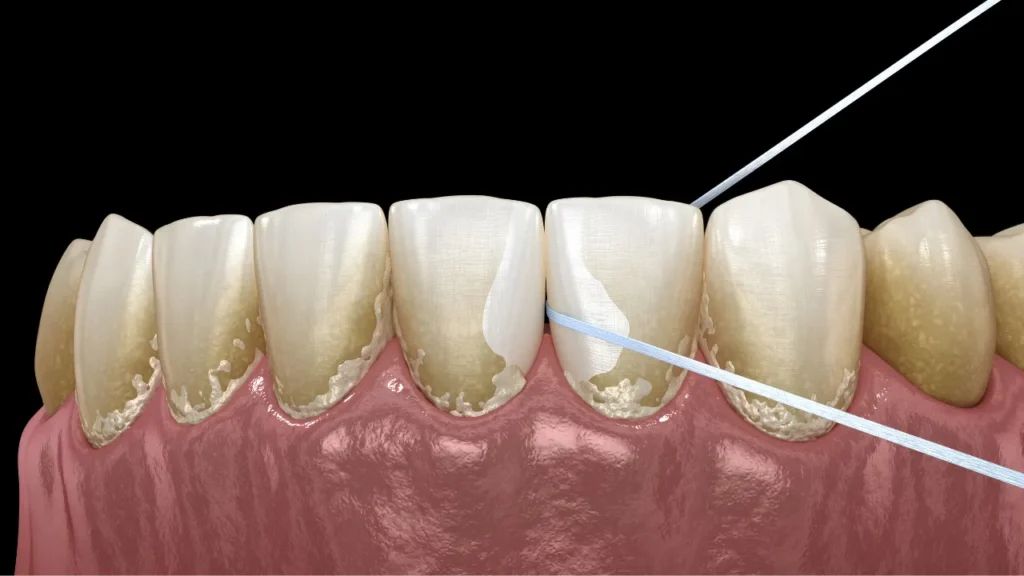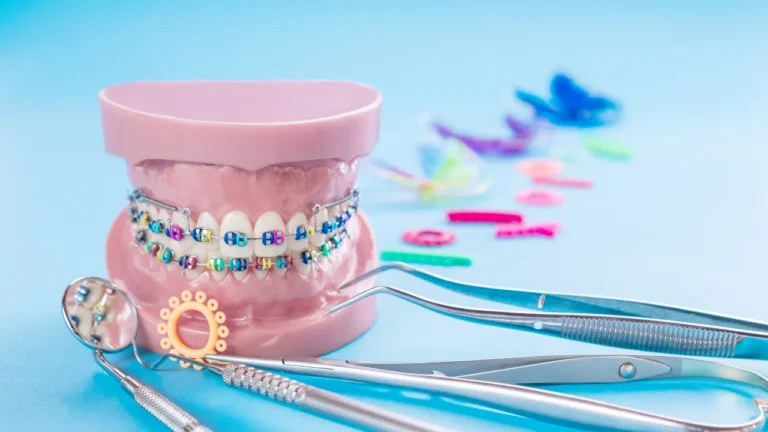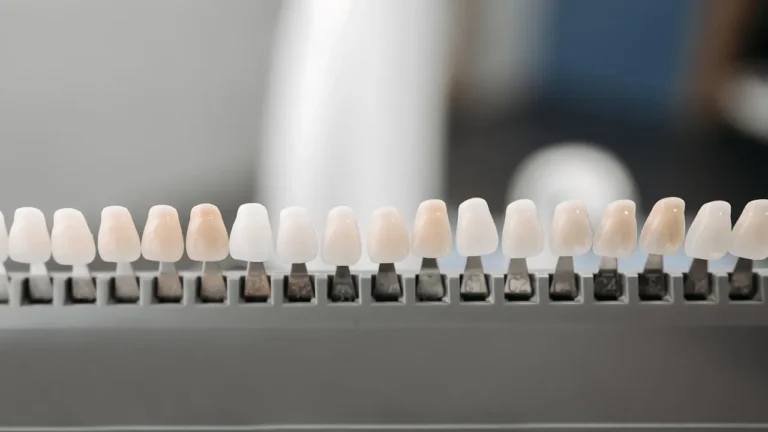Dental plaque is a sticky, colorless film that constantly forms on your teeth. It is primarily made up of bacteria that can lead to tooth decay and gum disease if not properly managed.
Understanding what plaque is, why it forms, and how to control it is essential for maintaining good oral health.
What is Plaque?
Plaque is a soft, sticky layer that builds up on the surfaces of your teeth. It forms when bacteria in your mouth mix with food particles and saliva.
As you eat, the bacteria feed on the sugars and starches from your food, producing acids that can erode tooth enamel and lead to cavities. This bacterial film is constantly forming, which is why regular dental hygiene is so important.
Why is Plaque Harmful?
Plaque poses a significant threat to your oral health. If left unchecked, it can harden into tartar (also known as calculus), which is much more difficult to remove.
Tartar buildup can lead to several dental issues:
- Cavities: The acids produced by plaque bacteria erode the enamel, leading to the formation of cavities.
- Gum Disease: Plaque buildup along the gumline can cause inflammation and gum disease, such as gingivitis and periodontitis. Gingivitis is the early stage of gum disease and can cause redness, swelling, and bleeding gums. If it progresses to periodontitis, it can result in the destruction of the bone and tissues that support your teeth, potentially leading to tooth loss.
How to Identify Plaque on Your Teeth
Identifying plaque early is crucial for preventing more severe dental issues. Here are some common signs that you may have plaque buildup:
- Sticky Film: You might notice a sticky or fuzzy feeling on your teeth, especially when you run your tongue over them.
- Discoloration: Plaque can appear as a pale yellow coating on your teeth.
- Bad Breath: Persistent bad breath can be a sign of plaque buildup.
- Gum Sensitivity: If your gums are sensitive, swollen, or bleed easily, plaque may be accumulating at the gumline.
If you notice any of these signs, it’s important to take action and consult your dentist for advice on plaque management.
How to Prevent Plaque Buildup
Preventing plaque buildup requires consistent oral hygiene and healthy habits. Here’s what you can do:
- Brush Regularly: Brush your teeth at least twice a day using fluoride toothpaste. Make sure to brush all surfaces of your teeth, including the front, back, and chewing surfaces.
- Floss Daily: Flossing helps remove plaque and food particles from between your teeth and along the gumline, areas that your toothbrush might not reach.
- Use Mouthwash: An antibacterial mouthwash can help reduce the bacteria that contribute to plaque formation.
- Eat a Healthy Diet: Limit your intake of sugary and starchy foods, as they can feed plaque-causing bacteria. Incorporate more fruits, vegetables, and water into your diet to promote good oral health.
- Regular Dental Check-Ups: Visit your dentist regularly for professional cleanings and exams. Your dentist can remove plaque and tartar that you might have missed during your daily brushing and flossing routine.
Effective Methods for Removing Plaque
Despite your best efforts, some plaque might still accumulate on your teeth. Here are some effective methods for plaque removal:
- Professional Cleaning: During a dental check-up, your dentist or dental hygienist will use special tools to remove plaque and tartar from your teeth. This process, known as scaling, is essential for maintaining healthy teeth and gums.
- Root Planing: If plaque has led to gum disease, your dentist might recommend root planing, a deeper cleaning procedure that smooths the roots of your teeth to prevent further plaque buildup and allows the gums to reattach to the teeth.
- At-Home Remedies: While professional cleaning is the most effective way to remove plaque, you can supplement your efforts with at-home remedies. Use toothpaste specifically designed to fight plaque, and consider using a toothbrush with soft bristles to effectively clean your teeth without damaging the enamel.
Plaque on your teeth is not just a cosmetic issue; it’s a serious threat to your oral health.
By understanding what plaque is, how it affects your teeth, and taking steps to prevent and remove it, you can maintain a healthy, beautiful smile.
Remember, the team at Mac Dental Studio is here to help you with all your dental care needs, from routine cleanings to advanced treatments. Schedule your appointment today to keep your teeth plaque-free and your smile bright.









